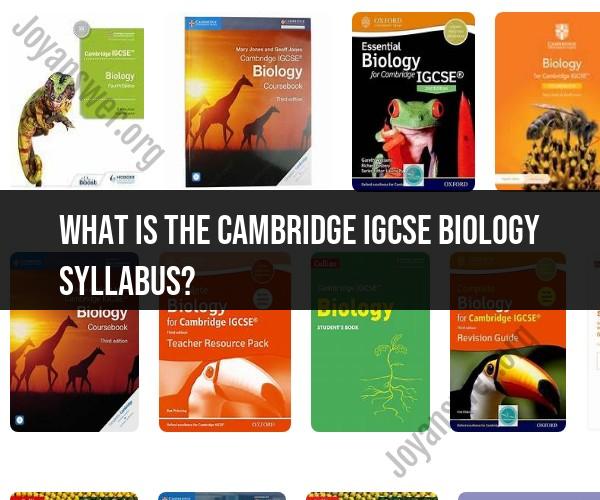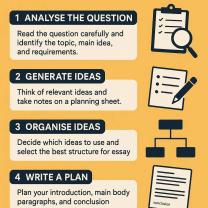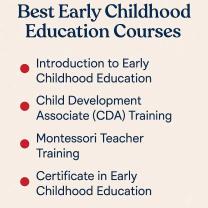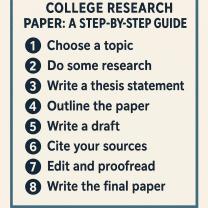What is the Cambridge IGCSE Biology syllabus?
The Cambridge IGCSE (International General Certificate of Secondary Education) Biology syllabus is a curriculum framework developed by the University of Cambridge International Examinations. It is designed for students in the 14-16 age group and is widely recognized and used in schools around the world. The syllabus provides a comprehensive foundation in biology, preparing students for further education or careers in the sciences or related fields.
The Cambridge IGCSE Biology syllabus covers a range of topics in the field of biology, including but not limited to:
Cell Biology: Understanding the structure and function of cells, cell division, and cellular processes.
Plant Biology: Studying the structure and function of plants, photosynthesis, and plant growth.
Human Biology: Exploring the human body, including topics like nutrition, respiration, circulation, and coordination and control.
Genetics: Learning about inheritance, genetics, and genetic engineering.
Ecology: Understanding ecosystems, populations, and environmental issues.
Evolution: Exploring the theory of evolution, natural selection, and adaptation.
Reproduction: Studying reproductive systems in plants and animals.
Biotechnology: Exploring biotechnological applications in agriculture and medicine.
Human Physiology: Focusing on the structure and function of various human systems, including the digestive, excretory, and immune systems.
Coordination and Response: Understanding the nervous system, sensory perception, and response mechanisms in living organisms.
The Cambridge IGCSE Biology syllabus is typically assessed through written examinations, practical assessments, and coursework, depending on the specific requirements of the examination board and the school. Students who complete the course and pass the examinations receive an internationally recognized certificate, which can be beneficial for further education and career opportunities. The syllabus is regularly updated to align with developments in the field of biology and educational best practices. It provides a strong foundation in biology and encourages students to develop critical thinking and practical laboratory skills.
Navigating the Cambridge IGCSE Biology Syllabus
The Cambridge IGCSE Biology syllabus is a comprehensive and challenging curriculum that covers a wide range of topics, including cellular biology, genetics, ecology, and human physiology. It is designed to give students a solid foundation in the biological sciences and to prepare them for further study in biology or related fields.
The syllabus is divided into five main sections:
- Core: This section covers the essential concepts and principles of biology.
- Extended: This section provides students with the opportunity to explore more advanced topics in biology.
- Practical: This section focuses on the development of scientific and practical skills.
- Applications: This section examines the applications of biology in the real world.
- Social, economic and environmental implications: This section explores the ethical and social implications of biology.
Students are required to complete all of the Core topics and at least one Extended topic. They must also complete a practical assessment and a written paper.
Biology Learning Path: Overview of the Cambridge IGCSE Syllabus
A good biology learning path for the Cambridge IGCSE syllabus should start with a solid foundation in the Core topics. Once students have a good understanding of the basics, they can move on to the Extended topics.
The practical assessment is an important part of the syllabus, so students should start practicing their practical skills early on. They can do this by completing the practical exercises in their textbook or by working on practical projects with their classmates.
The written paper covers a wide range of topics, so it is important to start preparing early. Students should review their notes and textbooks regularly, and they should practice answering exam-style questions.
Biology Curriculum Exploration: The Cambridge IGCSE Syllabus
The Cambridge IGCSE Biology syllabus is a rich and diverse curriculum that offers students a wide range of learning opportunities. Students can explore the fascinating world of biology through a variety of topics, including:
- Cells: Students learn about the basic structure and function of cells, as well as the different types of cells that make up living organisms.
- Genetics: Students learn about the principles of inheritance and how they are applied in the real world.
- Ecology: Students learn about the interactions between organisms and their environment, as well as the challenges facing ecosystems in the 21st century.
- Human physiology: Students learn about the structure and function of the human body, as well as the different systems that work together to keep us alive.
The Cambridge IGCSE Biology syllabus also provides students with the opportunity to develop important scientific and practical skills. For example, students learn how to:
- Design and conduct experiments
- Collect and analyze data
- Communicate scientific findings
- Solve scientific problems
The Cambridge IGCSE Biology syllabus is a challenging but rewarding curriculum that can prepare students for a successful future in biology or related fields.













